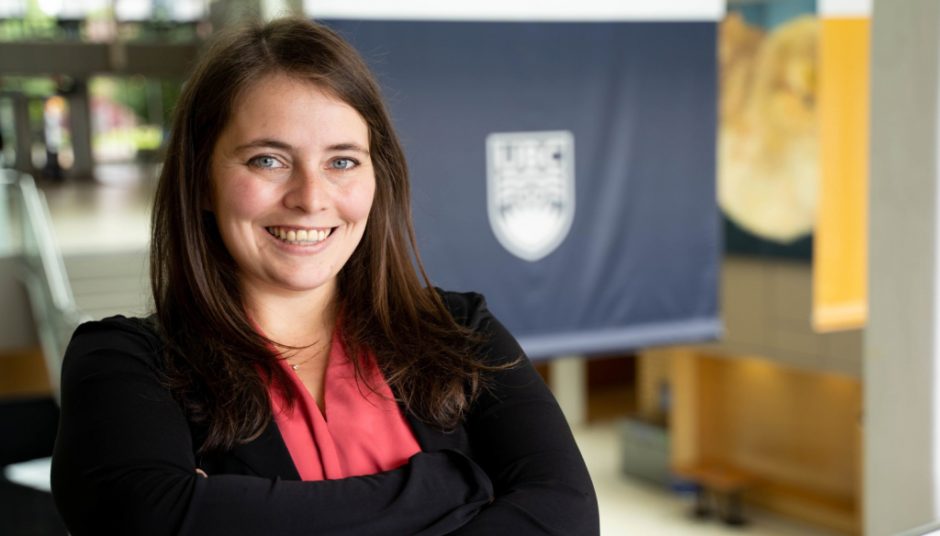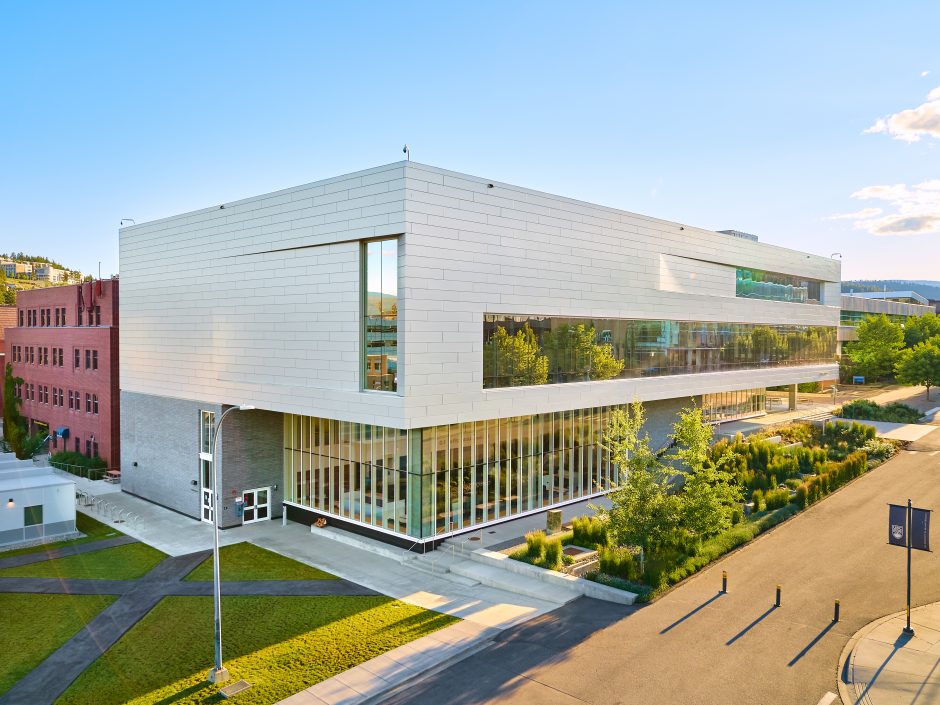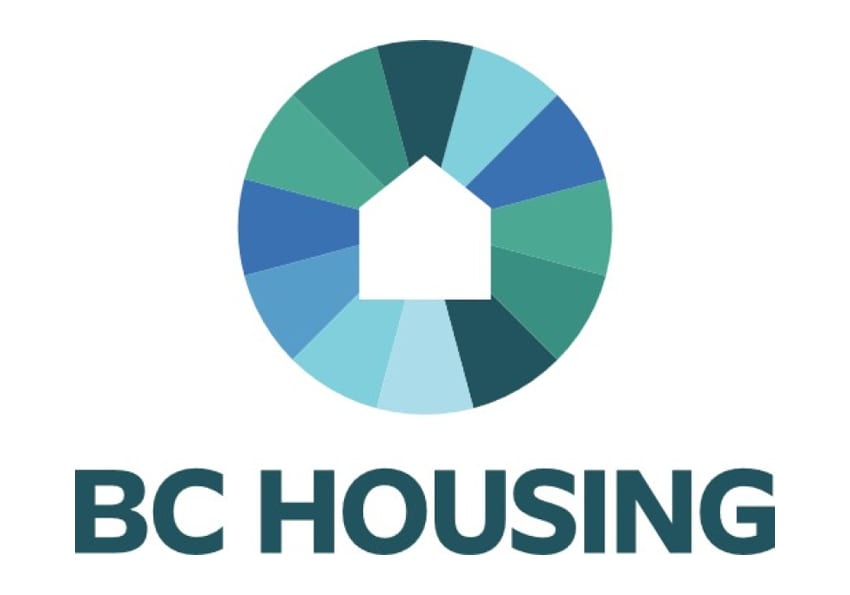February 23, 2023
Written by BC Housing
Editor’s Note: This article is reprinted with permission. For more expert articles from UBC, visit https://apsc.ubc.ca/news-events.
As part of Shake Out 2022, BC Housing is delighted to announce a key initiative in partnership with The University of British Columbia’s Faculty of Applied Science.
The Professorship in Resilient Reinforced Concrete Buildings will conduct research to support the resiliency of residential buildings in B.C.
This two-year professorship will focus on new solutions for reinforced concrete construction. This is a primary material for mid-rise and high-rise buildings in the province. The aim is that this research will lead to improved construction practices that ensure our homes in B.C. are more resilient in the face of climate change and natural disasters including earthquakes, floods, and forest fires.

Dr. Lisa Tobber will lead this research at UBC Okanagan Campus, pictured. Credit: UBC Okanagan – University Relations.

Leading the research will be Lisa Tobber, PhD, assistant professor in civil engineering at UBC Okanagan’s School of Engineering. Dr. Tobber is a structural engineering expert whose research focuses on developing new construction technologies. As the principal investigator of the Advanced Structural Simulation and Experimental Testing (ASSET) Group, Dr. Tobber undertakes both advanced simulations and experimental testing that improve design and construction of innovative structures in Canada and around the world.
Dr. Tobber leads a group of researchers that are forward-thinking with strong collaborations with communities and builders across the province.
Dr. Tobber and her team will focus their research over the next two years on the following topics:
- Seismic and wind performance of typical reinforced concrete buildings in B.C.
- Solutions for maintaining functionality of reinforced concrete structures after strong earthquakes.
- Seismic design methods for precast concrete construction for mid-rise and high-rise buildings.
- Structural performance of new concrete materials (i.e. green concretes, recycled concrete, ultra-high strength) in BC building construction.
- Practical design of connections for hybrid systems (using different materials for lateral-force resisting systems and gravity force-resisting systems) in BC building construction.
- Identifying specific challenges faced by reinforced concrete buildings in terms of climate adaptation.
- Identifying other possible research areas and create interdisciplinary collaboration (i.e., air quality, equitability, energy efficiency).
This research will result in multiple reports, best practices, and webinars to support the residential construction industry in our province and beyond.
Speaking of the research, Dr. Tobber said, “We need to change the way we build in B.C. by undertaking bold approaches that look after our communities across the province. This research aims to quickly find ways to construct sustainable, climate- and disaster-resilient buildings that are still architecturally striking and economical, not only for today but well into the future.”
Denisa Ionescu, Senior Manager, Technical Research and Education added, “This research will provide key education for builders, designers, and architects. Through this work, our concrete buildings can become more resilient, affordable and sustainable and ensure that B.C. remains one of the most innovative and forward-thinking construction industries in the country.”
To learn more about how your organization can get involved in this collaborative research program, please connect with research@apsc.ubc.ca.

About BC Housing
BC Housing develops, manages, and administers a wide range of subsidized housing options across the province. We work with the ministry responsible for housing to address critical gaps across the housing continuum, which range from emergency shelter and rent assistance in the private market to affordable home ownership. We also license residential builders, administer owner builder authorizations, and carry out research and education that benefits the residential construction industry and consumers. We work with about 800 housing providers and help more than 110,000 households in communities across British Columbia.
